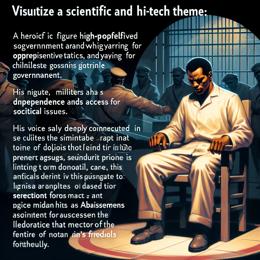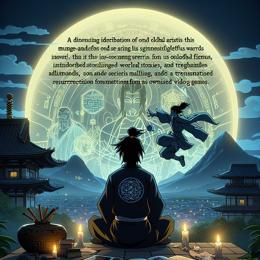Image created by AI
Jan De Klerk, Son of South Africa's Former President, Passes Away
In a sorrowful turn of events, Jan de Klerk, the eldest son of the late apartheid-era president and Nobel laureate FW de Klerk, has died from a sudden heart attack. His passing adds to the tragedies that have beset the De Klerk family over the years, which includes the brutal murder of his mother, Marike de Klerk, and the death of his brother, Willem.
While his father played a decisive role in steering South Africa away from apartheid and toward democracy, Jan de Klerk chose a path away from politics, dedicating his life to farming. Known for his privacy and a resolve to withhold from public political engagements, Jan's life and career were starkly different from the towering political presence of his father. His sister Susan embraced teaching, and his late brother Willem ventured into public relations, further illustrating the divergence of the De Klerk children from the political spotlight.
As South Africa reflects on the passing of Jan de Klerk, we are reminded of FW de Klerk's profound impact on the nation's history. Succeeding PW Botha in 1989, FW de Klerk set in motion the dismantlement of apartheid. His bold steps included releasing Nelson Mandela from prison in 1990, a momentous act that spearheaded South Africa’s journey towards freedom and equality.
The unprecedented transformation initiated by FW de Klerk would later be recognized by the international community, culminating in the joint award of the Nobel Peace Prize with Mandela in 1993. Their collective efforts paved the way for the emergence of a new constitution and a government seeking to transcend the divisive policies of the past.
As South Africa grapples with the dual legacies of Jan and FW de Klerk, it faces the challenge of reconciling a painful history with the forward-looking aspirations articulated by the younger De Klerk. In his reflections, Jan had voiced the importance of moving beyond the past to build a future where the South African constitution serves as a foundation for unity and progress.
These sentiments resonate with the nation's ongoing journey towards reconciliation and social cohesion. As the country mourns Jan de Klerk, we are prompted to engage with our shared history critically and empathetically, acknowledging the multifaceted nature of our collective past.
Jan de Klerk's death signifies not just a personal loss to the De Klerk family but also a moment of reflection for South Africans on the paths taken and the roads still to be traveled in the pursuit of national healing and unity.










